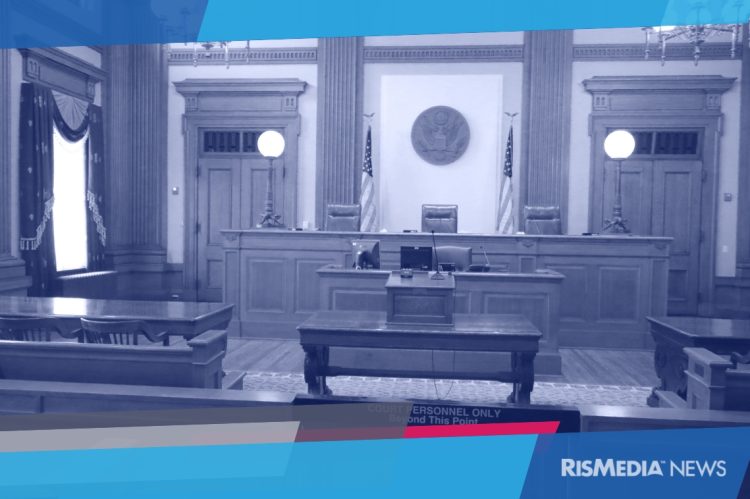In a hearing on Friday, Aug. 15 in the high-stakes Zillow-Compass lawsuit, Judge Jeannette Vargas of the Southern District of New York denied Zillow’s request for an additional witness, while also delaying any potential deposition of Zillow Co-Founder Lloyd Frink, despite claims he has a “unique perspective” on the issues.
As the two parties spar over a potential court-ordered halt to Zillow’s new listing rules, Vargas also lauded both sides for working quickly and collaboratively, calling the process “wonderful.”
But the stakes remain high, with depositions of top Zillow executives scheduled later this month, and a chance for Vargas to rule on whether Zillow can continue blocking certain privately listed properties from its website, which Compass has claimed is an illegal use of monopoly power meant to undercut its business model.
Those depositions include Zillow CEO Jeremy Wacksman, Chief Financial Officer Jeremy Hofmann and Chief Industry Development Officer Errol Samuelson.
In a filing before the hearing, Zillow claimed it would only be able to depose one witness for discovery purposes, while Compass effectively had two.
But Vargas said she was “not persuaded” that this situation is “inequitable,” noting that courts set limits on depositions regularly.
But she also denied Compass’s request to take up to seven hours, limiting depositions to four hours based on the fact the case is currently on an expedited track. Seven hours is “generally contemplated” in other scenarios, Vargas said.
The issue that took the most time was the question of whether Compass would be able to depose current Zillow Group President Lloyd Frink. Vargas let both sides make their case, with Zillow saying that a deposition of Frink would be entirely unnecessary due to his lack of “unique personal knowledge of material issues” outside of what other witnesses hold.
Bonnie Lau, a lawyer representing Zillow, claimed that a legal doctrine that discourages “apex witness” depositions in these types of corporate disputes “should apply with more force” due to the fast-moving nature of the case. She also noted that discovery found very little as far as document production that Frink was involved.
Compass, on the other hand, argued that Frink was “actively monitoring” Compass’s business model and strategies, and that he was also a key “facilitator” of meetings between Compass and Zillow executives leading up to the policy implementation.
Chahira Solh, a lawyer representing Compass, said that Frink’s statements at an April 1 meeting between Compass and Zillow leadership was a key issue, adding that Compass wanted to find out why he expressed certain opinions to the other Zillow leadership ahead of the meeting.
In the end, Vargas said Compass would have to come back to her after deposing Wacksman, Hofmann and Samuelson and argue why they needed to still depose Frink, understanding that it might be important to find out “what his intent was with respect to convening those particular meetings.”
A three-day hearing for a potential injunction on Zillow’s new rules is currently set for November, with Vargas then deciding whether or not to block the rules while the case moves forward.












